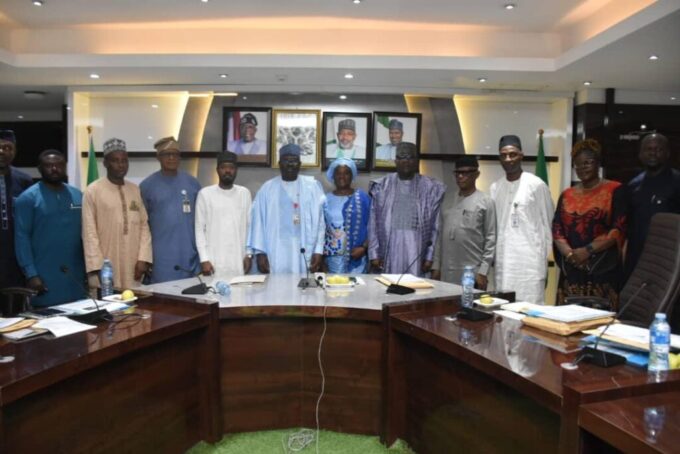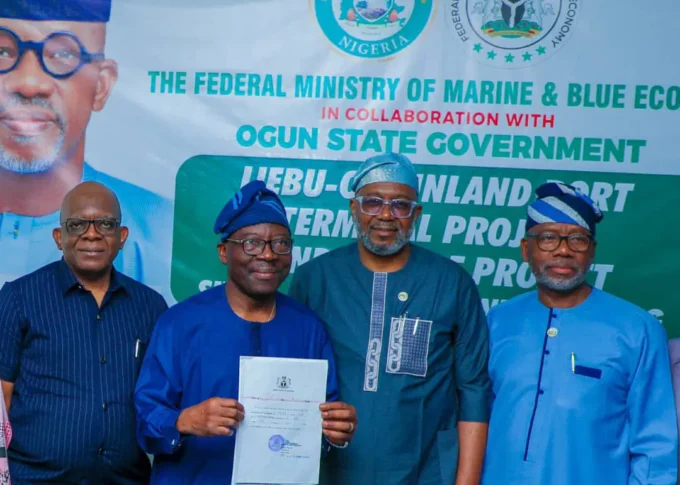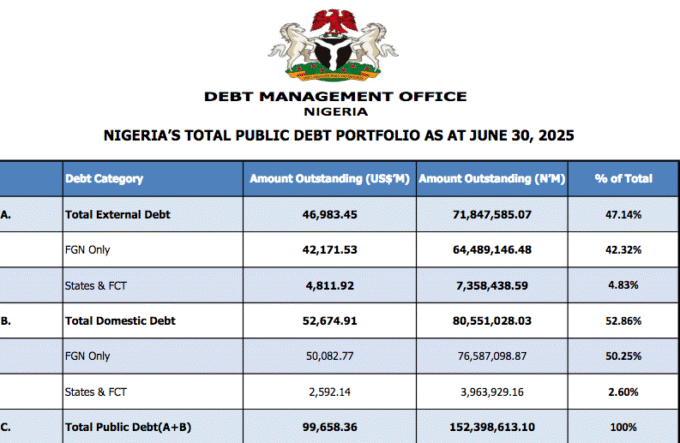By Uche Usim
Oil magnate and billionaire businessman, Femi Otedola, has accused depot owners of siphoning more than N2 trillion through opaque, questionable petrol subsidy claims under former President Goodluck Jonathan’s administration.
Otedola, in a statement yesterday, threw his weight behind the Dangote Petroleum Refinery in its face-off with the Depot and Petroleum Products Marketers Association of Nigeria (DAPPMAN). The association had on September 16 accused the refinery of engaging in “market-disruptive practices,” alleging that its recent price cuts were designed to weaken competition rather than serve national interest.
Dangote Refinery fired back, insisting that the marketers had demanded an annual subsidy of N1.5 trillion to enable members match its gantry prices at their depots.
Otedola did not mince words, maintaining that the subsidy framework was deliberately skewed to favour depot owners.
“On subsidy, I personally warned President Goodluck Jonathan that he was being misled. The system was built to benefit depot owners, and members of the association became the primary beneficiaries. Over N2 trillion was siphoned through questionable claims all tied to depot licences. The policy rewarded neither transparency nor innovation, it encouraged rent-seeking and corruption,” he said.
He further dismissed the long-held argument that depots provide jobs, describing it as a “myth.” According to him, most depots employ no more than five staff, including a gatekeeper, unlike filling stations which engage dozens of workers—from attendants to cashiers, cleaners, and security guards.
Calling on depot operators to rethink their strategy, Otedola urged them to abandon “obsolete facilities” and embrace new realities.
“The same outcome awaits fuel depots. If the members do not adapt, they risk becoming irrelevant and possibly bankrupt. Instead of resisting progress, they should consider selling, restructuring, or investing in new value chains,” he advised.
To drive home his point, Otedola drew a parallel with the cement industry, where bulk carriers became redundant after Nigeria ramped up local production.
He went a step further, challenging depot owners to prove their faith in competition by buying the Port Harcourt refinery and attempting what the Nigerian National Petroleum Company Limited (NNPC Ltd.) could not. “If they truly believe in competition, they should pool resources, acquire the Port Harcourt refinery, and show the country they can succeed where NNPC failed,” Otedola declared.
With his latest intervention, Otedola has positioned himself firmly on the side of Dangote, while reigniting debate over the subsidy regime and the future relevance of fuel depots in Nigeria’s evolving energy landscape.


















Leave a comment